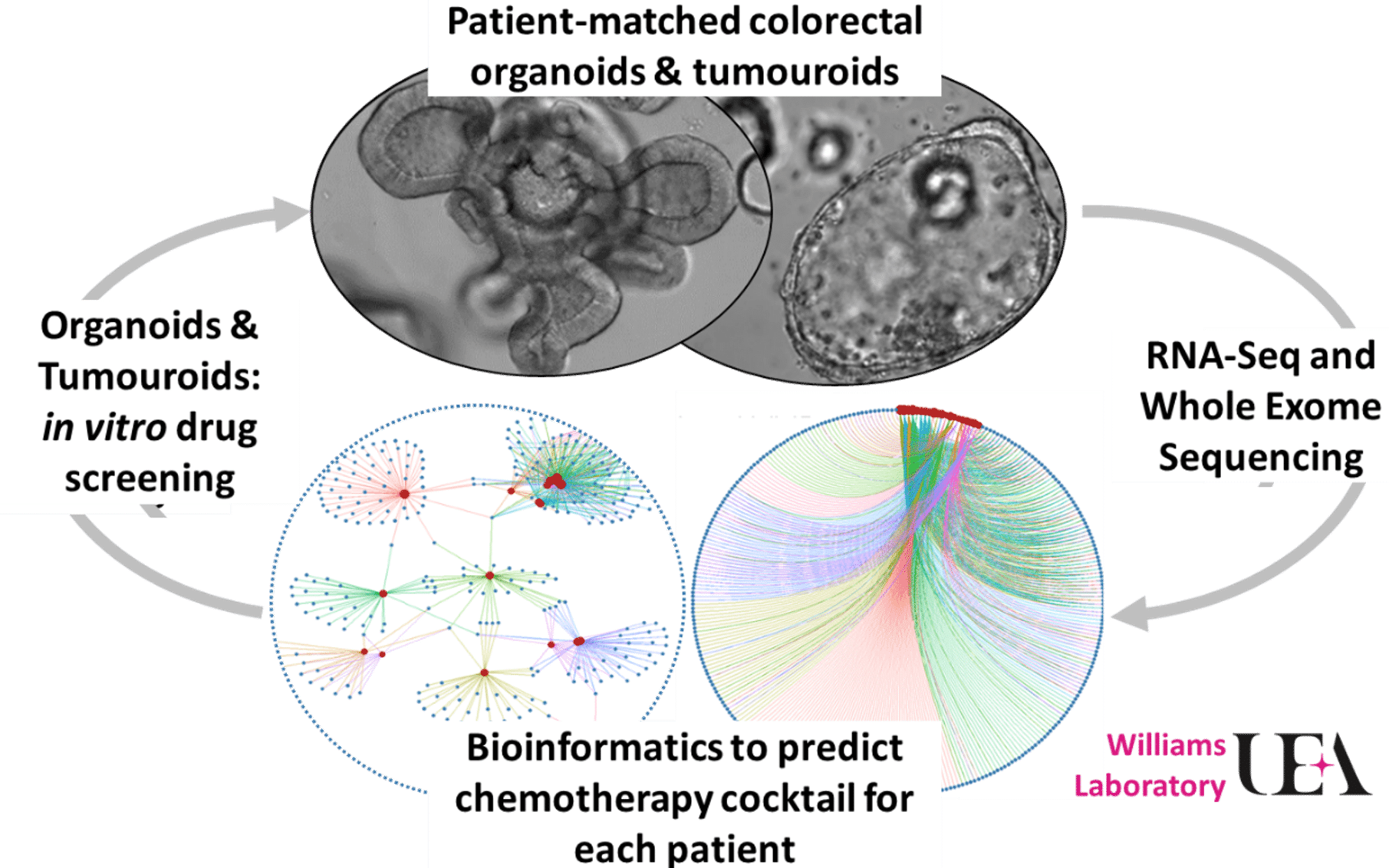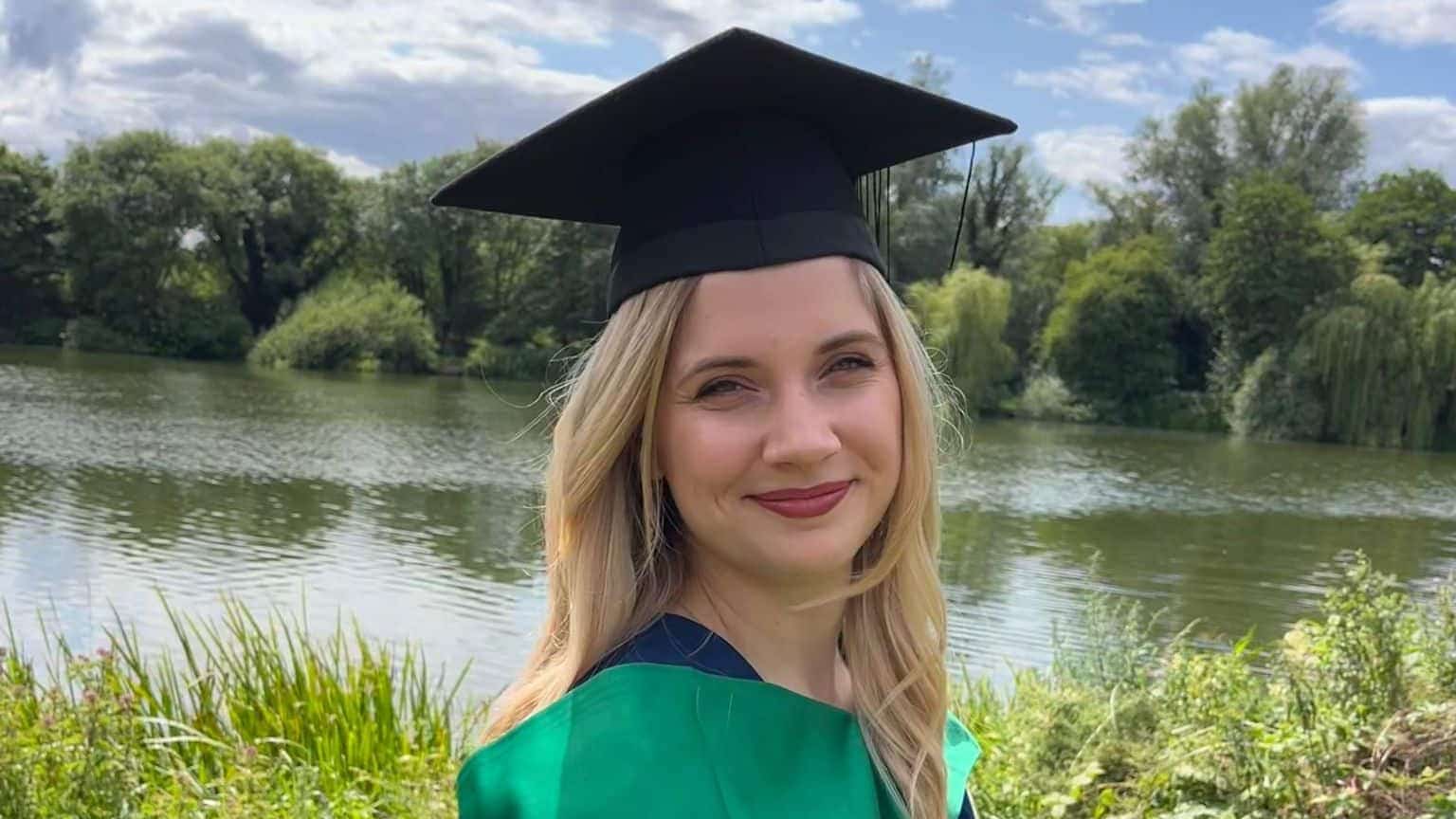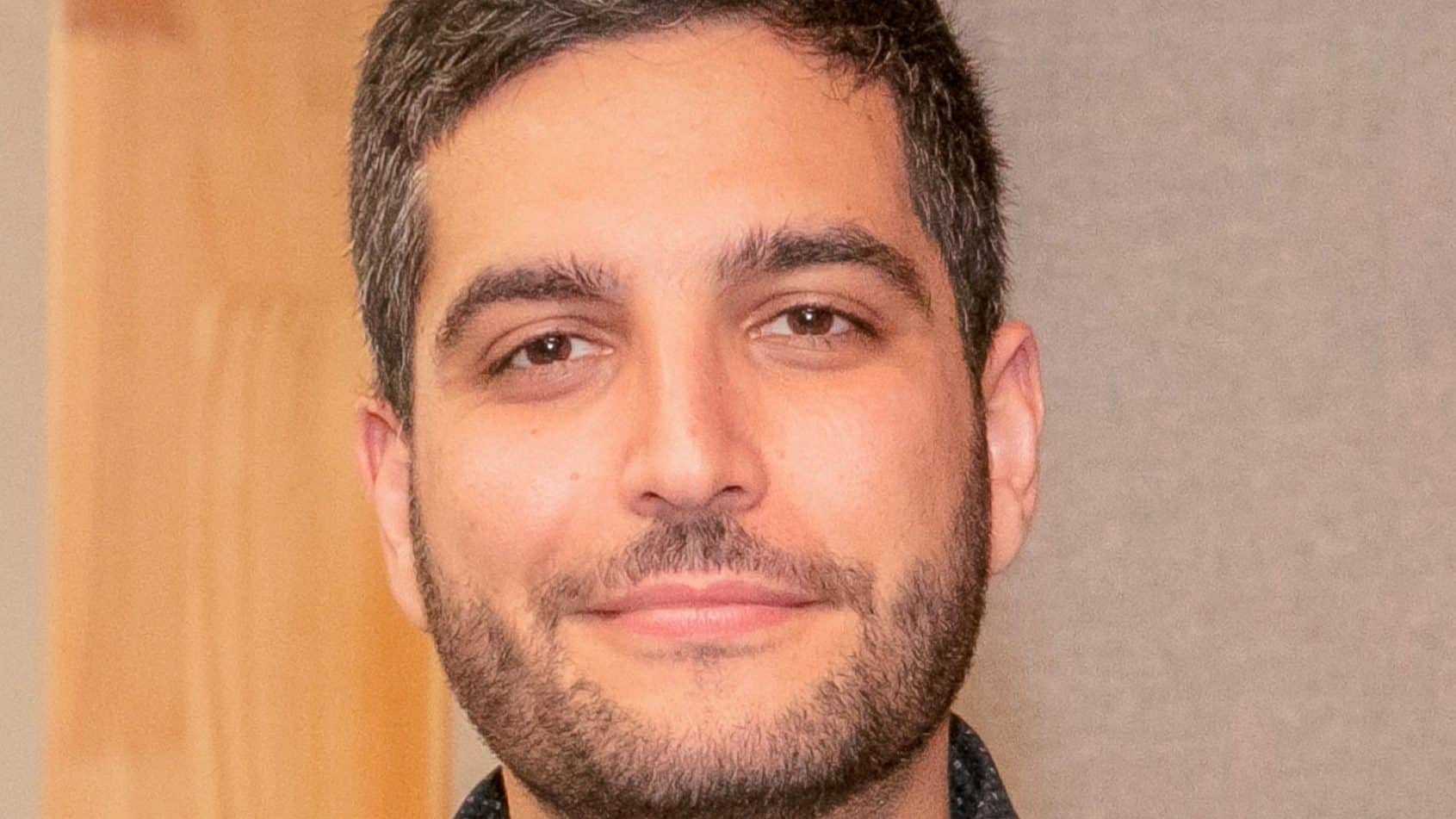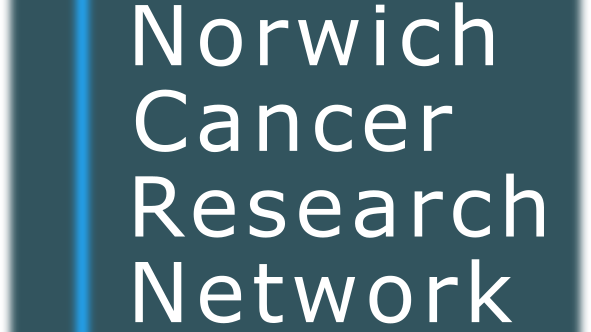This edition of the NCRN ‘Early Career Spotlight’ series focuses on Sean Tattan, a PhD student at the University of East Anglia in the School of Pharmacy and Biological Sciences.
Career background:
Sean began his career studying a BSc in Biomedicine at the University of East Anglia (UEA) during which he undertook an internship in the laboratory of Dr Mark Williams in the School of Biological Sciences at UEA, with funding from the Lilac Ladies at the Big C. This research focussed on using a patient-matched 3D intestinal organoid and tumouroid system to better understand patient-specific differences when treating intestinal cancers. After completing his undergraduate studies, Sean began his PhD with Dr Aram Saeed and Dr Mark Williams in the School of Pharmacy (funded by BBSRC NRPDTP). In his current research, Sean is developing an organ-on-a-chip system using 3D printing techniques, to mimic the physiological structure of the intestine. As part of his PhD, Sean also had the opportunity to undertake an industrial placement with Ximbio, which allowed Sean to gain insight into working in the commercial arm of cancer research technologies.
Find out more about Sean’s Big C funded internship here: https://www.youtube.com/watch?v=K47_QMHES0w&ab_channel=BigCCancerCharity
What are you currently researching?
The tissue of interest for our research is the colonic epithelium. The colonic epithelium is highly invaginated, containing structures known as ‘colonic crypts’ which harbour a spatially defined niche of stem cells at their base. These stem cells rapidly proliferate, driving daughter cells to differentiate and migrate up the crypt axis before being shed into the crypt lumen. This allows the colonic epithelium to be completely renewed every 5-7 days, which provides protection against molecular damage that could result in carcinogenesis. Dysregulation of this homeostatic process can therefore result in cancer. One way to study the molecular and cellular basis of such dysregulation is by using advanced 3D organotypic models of the human colon.
My PhD is therefore focused on the development of a xenobiotic-free and synthetic organ-on-a-chip system wherein the structural, mechanical, and biochemical properties of the colonic epithelium are recapitulated on a device the size of a USB stick. In Williams laboratory, we generate a patient-matched organoid and tumouroid that is then translated into custom engineered functionalised synthetic biomaterials, and 3D printed scaffolds developed in the Saeed laboratory. Ultimately, we also aim apply this platform in high throughput drug screening and personalised medicine studies for colorectal cancer patients.
What inspired you to pursue a career in cancer research?
Throughout my undergraduate degree, I was inspired by the lectures and seminars on the colon and intestinal stem cells that were given by Mark, my current PhD supervisor. I had an interest in cancer, and after speaking to Mark, he offered to show me around his research lab. I was especially intrigued by the work that he was doing on colonic organoid and tumouroid systems, which are essentially 3D ‘mini organs’ that can be grown in the lab. I found this particularly exciting due to my interest in the growing field of personalised medicine. Currently a “one drug fits all” approach for cancer treatment is not feasible owed to the cellular and genetic heterogeneity found in tumours between patients. However, by exploiting patient matched 3D models of human colons we could analyse a patient’s tissue, synthesise a corresponding cocktail of therapeutics we hypothesise to be efficacious based on multi-omics data, and validate the selective efficacy in vitro on the patients’ own tumouroids and organoids. I think that concept is highly exciting and that generally personalised medicine may represent the future of cancer chemotherapeutics.
Schematic Overview of the Personalised Medicine Strategy
What has been your biggest achievement in your career so far?
It is a major aspiration of mine to publish research. I am currently working with the Williams Laboratory on a few research papers from my internship, one of which is currently in pre-print. I feel very grateful to have had the opportunity to be a part of the collaborative process, and I am excited to see all our hard work coming to fruition.
What career advice would you give to other early career researchers?
I would say that engagement is a key aspect for early career researcher progression. I have been fortunate enough to be presented with opportunities by my supervisory team and wider network to work across sectors. As a result, I have gained experience not only operating within an academic setting but also in industry via a placement at Ximbio and via industrial partners which work in collaboration with the Williams Laboratory.
I have also found that public outreach has been fulfilling. The Big C cancer charity and the Lilac Ladies have been particularly supportive in that regard, wherein I have been able to contribute to video interviews and podcasts. I think this is particularly beneficial to early career researchers as a means to develop your professional network.



